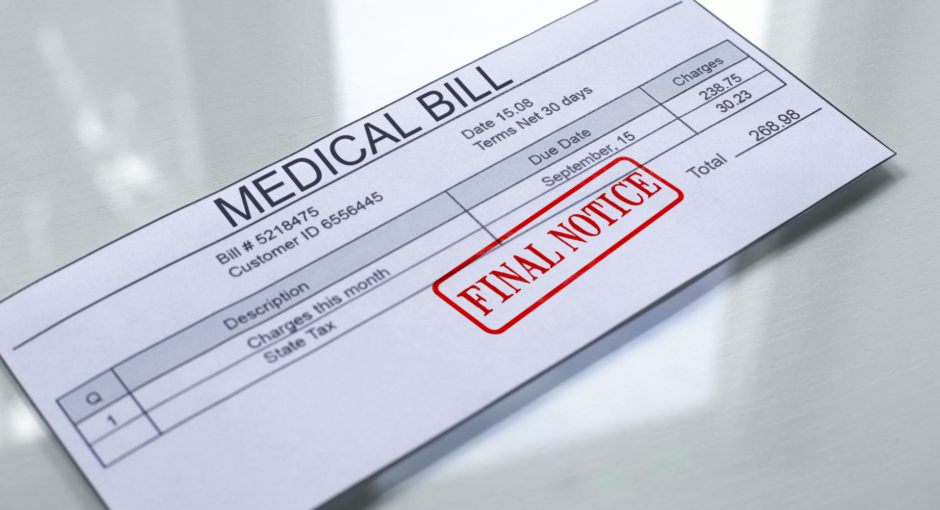The bipartisan leaders of the U.S. House Energy and Commerce (E&C) Committee and its Health Subcommittee wrote to U.S. Health and Human Services (HHS) Secretary Xavier Becerra this week asking him to enforce “full compliance” with the Trump administration’s hospital price transparency rule.
“We are concerned about troubling reports of some hospitals either acting slowly to comply with the requirements of the final rule, or not taking any action to date to comply,” the Democratic and Republican committee leaders said. The E&C Committee has jurisdiction over the 340B and Medicaid programs.
Neither the rule nor the April 13 letter to Becerra address the 340B program. The letter, however, could enhearten drug companies and others that want to cut the number of hospitals and outpatient sites in the 340B program and reduce the number prescriptions that qualify for 340B discounts.
Drug manufacturers and other 340B critics want Congress to make hospitals report on their 340B-eligible patients’ insurance status, their charity case expenses, their gross 340B drug reimbursement, and more details about their contract pharmacy arrangements. Hospital groups counter that nonprofit hospitals enrolled in 340B already publicly report on how they benefit their communities on federal tax forms. Also, the data that critics want 340B hospitals to report would not provide a clear picture of a hospital’s 340B use of and need for discounts, the groups add.
The fact that E&C Chair Frank Pallone (D-N.J.) and Health Subcommittee Chair Anna Eshoo (D-Calif.) co-wrote the letter with full committee ranking Republican Cathy McMorris Rodgers (R-Wash.) and subcommittee ranking Republican Brett Guthrie (R-Ky.) could unsettle some 340B hospital advocates. They consider the Democratic-controlled full committee and subcommittee to be bulwarks for hospitals in the drug discount program.
The hospital price transparency final rule took effect on Jan. 1. It requires hospitals to publish a machine-readable list of all standard charges for all items and services. Hospitals also must publish a more consumer-friendly list of its 300 “most shoppable” services. HHS can issue written warnings and request a corrective action plan for noncompliance, and issue monetary penalties for prolonged noncompliance.
The American Hospital Association and other hospital groups sued unsuccessfully in federal court to have the rule declared illegal and unconstitutional. They also say compliance diverts resources away from fighting the COVID-19 pandemic. AHA has asked the Biden administration to consider revising the rule and to exercise enforcement discretion for the duration of the COVID-19 public health emergency.
In their letter to the HHS secretary, Pallone, Eshoo, McMorris Rodgers, and Guthrie expressed concern about studies and press reports disclosing widespread hospital noncompliance during the first two months the rule was in effect, and efforts by hundreds of hospitals to make their list of charges hard to find.
“We urge HHS to enforce the final rule to ensure hospitals are fully compliant with the disclosure requirements so that patients can readily access the price information for all items and services in an easy-to-use format,” the lawmakers wrote. “Given the widespread non-compliance by hospitals, we urge HHS to revisit its enforcement tools, including the amount of the civil penalty, and to conduct regular audits of hospitals for compliance.”


